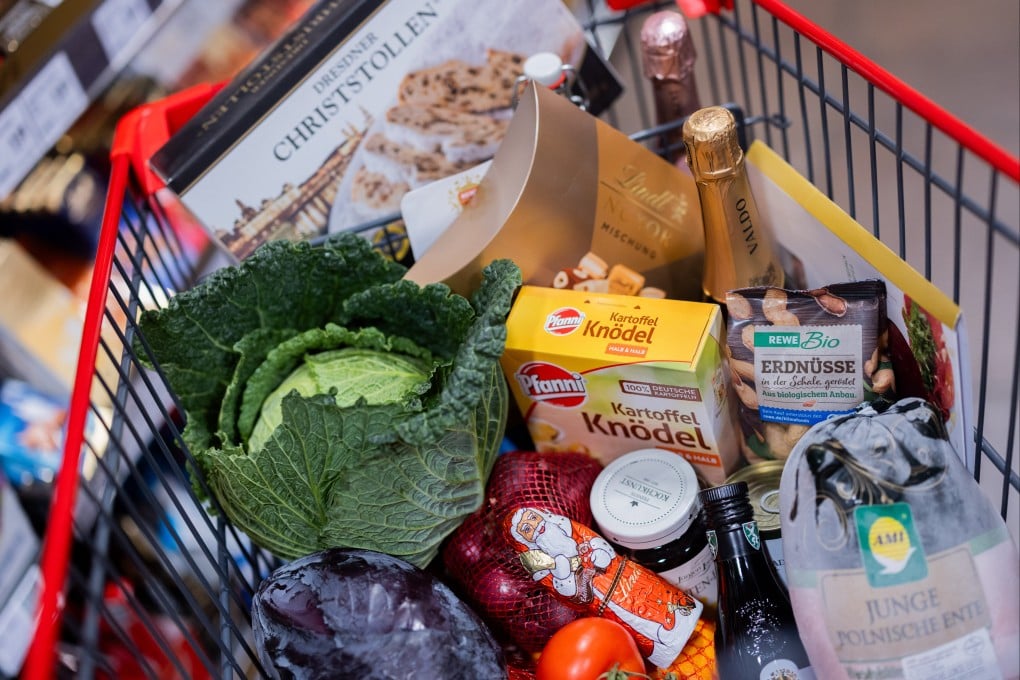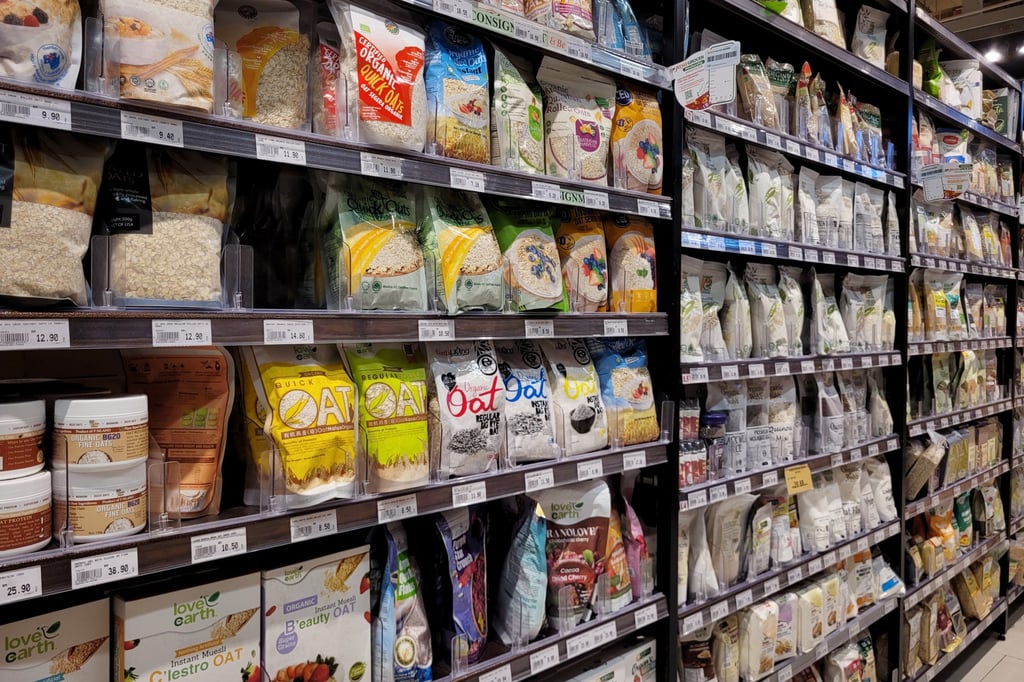Outside In | Time for Christmas excess to give way to eating greener and healthier
The holidays are an ideal time to revisit Michael Pollan’s rules for food and examine how we buy and consume what we eat every day

Christmas is three days past, and perhaps this is a moment to reflect on the impact of all our holiday excess. Too much spent on too much “stuff”, too much waste, too little sleep, too much alcohol and, perhaps most punishing of all, too much food of questionable value.
This is exactly the moment to curl up quietly and re-read one of my favourite – and most useful – “how-to” books: Michael Pollan’s Food Rules. Written in 2009, it is an indispensable guide on how to bring life back into equilibrium after the past week’s festive excess. It also provides a sharp blade to cut through the jumble of techno-medical babble from doctors, diet books, bloggers, influencers, government advisories and health claims that sit in tiny print on the side of food packages on every supermarket shelf.
That reminds me of the precocious simplicity of my own five-word rule for restoring control over global warming and the climate crisis: decarbonise electricity, then electrify everything. There is comfort in discovering a simple core at the heart of such monstrously complex issues, even when I acknowledge that simplicity is easier said than achieved.


